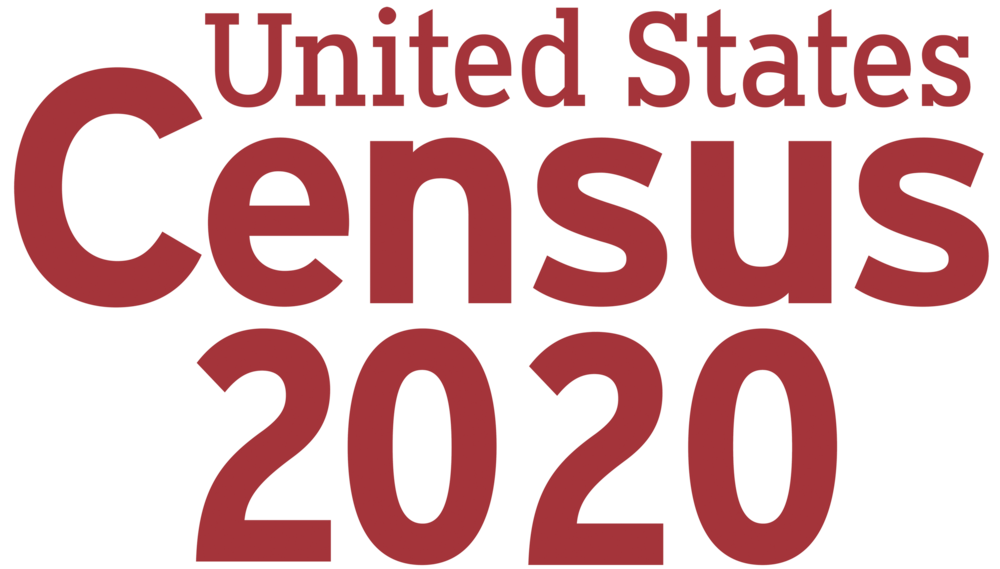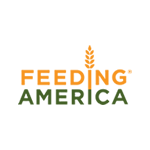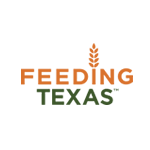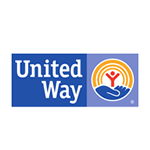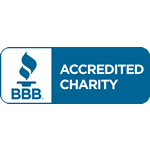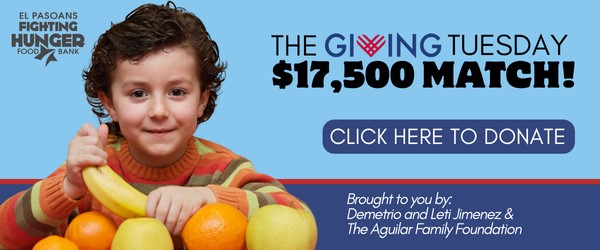News / Insights
2020 Census - Why an undercount is detrimental to our community
- February 03, 2020
- Staff
Every ten years, the federal government conducts a nationwide census count of everyone residing in the United States.
The 2020 Census is important for everyone, but especially for people living in poverty and the federal programs and nonprofit organizations that work to end poverty and hunger.
The census is important for a number of reasons.
First, money: more than $800 billion in federal funding is guided based on census data through 55 federal assistance programs—including nutrition programs, like SNAP (food stamps), school meal programs, and WIC, housing programs like Section 8 vouchers, and programs that support food banks like Community Development Block Grants and Community Services Block Grants.
Second, political representation: the census determines how many congressional seats states have and how districts are drawn, resulting in proper representation and influence in Congress.
Additionally, census data impacts public infrastructure that benefit people experiencing hunger. Government and businesses alike use census numbers to locate schools, transit, and retail outlets like grocery stores.
Ultimately, the census is one of the most important civil rights issues today. Even a one percent undercount can cost states tens of millions of dollars. For example, A George Washington University study[1] found that in just five health-related federal programs, a one percent undercount cost Tennessee $70 million in 2015.
Food banks and other anti-hunger agencies are extraordinarily well-positioned to help ensure a complete and accurate census. In the process, we can connect with the people we serve in a way that leads to their commitment to participate in the census and to increased participation in civic activities like voting.
We can be particularly effective in reaching people who the Census Bureau considers “Hard to Count” (HTC). These are people who are already frequently marginalized and suffer disproportionately high rates of hunger and poverty because of obstacles to family-wage jobs and affordable housing and health care.
Hard to Count communities who are historically undercounted include:
* People
of Color (especially Black and Latinx people)
* young
children
* renters
* people
experiencing homelessness
By April 1, 2020, every household will receive an invitation to complete the census either online, by phone, or by mail.
This
is the first time there will be an online option for completing the form.
Food banks, pantries, and other agencies can educate clients about the importance of the census, ask them to pledge to take the census, and help them complete their forms.
El Pasoans Fighting Hunger recently acquired a grant from Feeding America for census work. We will team up with our pantry partners to conduct education and outreach with their clients about the importance of completing the census. Our efforts will include conducting educational sessions and getting community members to sign pledge cards and have them commit to completing the census forms.
---
1
https://gwipp.gwu.edu/sites/g/files/zaxdzs2181/f/d...
——
More information regarding the 2020 Census here:
https://www.governing.com/community/For-Texas-Accu...
https://www.governing.com/news/headlines/Concerns-...
https://www.kiplinger.com/slideshow/business/T043-...
https://www.census.gov/library/stories/2019/12/cou...
https://www.census.gov/library/stories/all.html
https://2020census.gov/en/jobs/faqs.html
https://2020census.gov/es/jobs/faqs.html
Attachments:
El Pasoans Fighting Hunger Food Bank
…because no one should go hungry
9541 Plaza Circle,
El Paso, TX 79927
(915) 298-0353
Email Us
Mon-Fri:
Office Hours: 8AM - 5PM
Food Distribution: 9AM - 4PM
Sat: Closed
Sun: Closed
Register To Volunteer
Make a Contribution to/ Haga una contribución Fight Hunger
Your gift will be put to immediate use to provide food for hungry people in our community. Thank you for your support of El Pasoans Fighting Hunger Food Bank.
Su donación ayuda a nuestra comunidad.
Subscribe to our email communications
Get notified on updates, upcoming events and volunteer opportunities
